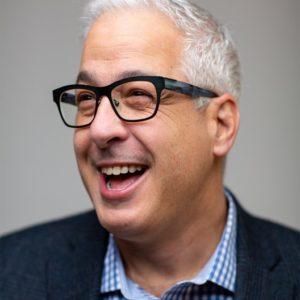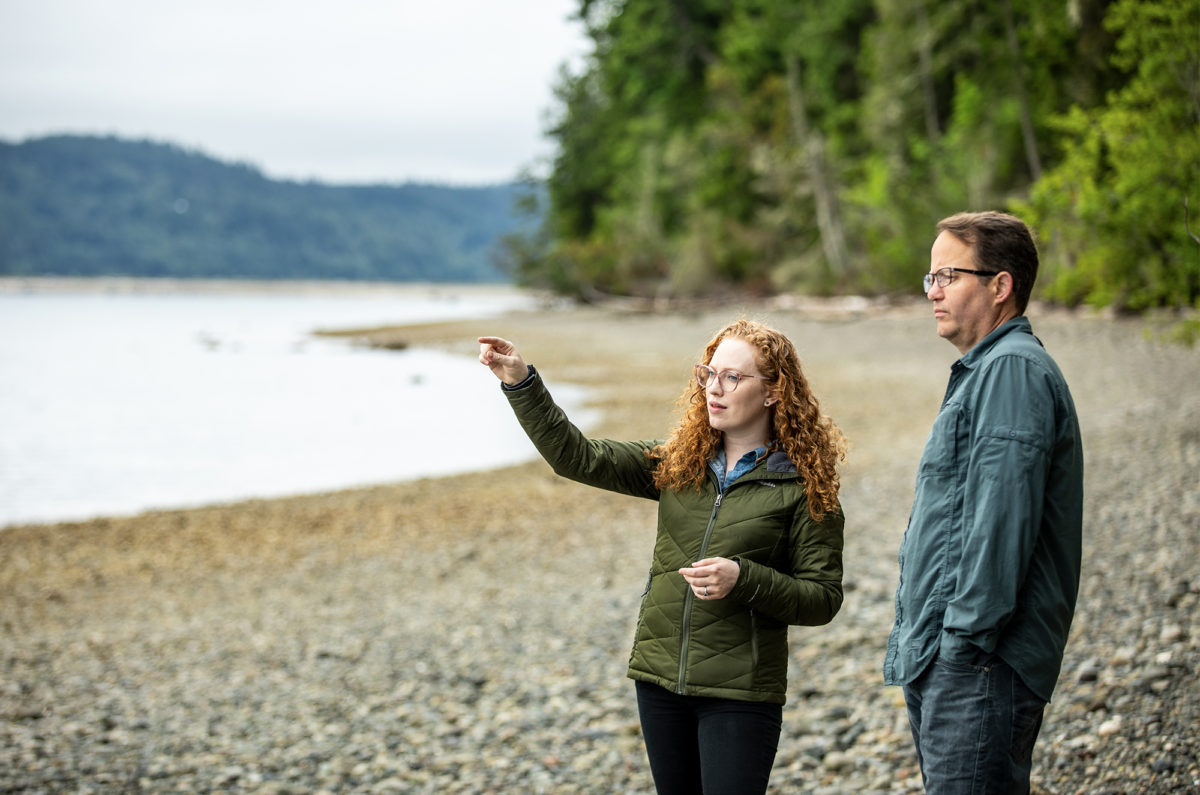
When I first arrived at the University of Washington in 2016, I was drawn by the promise of possibility—the idea that science, when grounded in community and courage, could do more than describe the world. It could help change it. That same promise is what pulled me into EarthLab’s orbit as a member of the Faculty Steering Committee and a co-conspirator on activities from the Innovation Grants program, to transdisciplinary research to late-afternoon brainstorming sessions fueled by equal parts hope and coffee.
So why join EarthLab now as Interim Director, nearly a decade later?
Because I still believe in that promise. And because the world—messy, wondrous, and in no small part on fire—needs institutions like EarthLab more than ever.
EarthLab isn’t just a center or an initiative. It’s a gathering place for people who believe the future can be better—and who are stubborn enough to try to make it so. It sits at the intersection of research and reality, insisting that knowledge should not just be admired, but applied. That’s not an easy stance. It means grappling with complexity instead of simplifying it. It means building bridges when it would be easier to retreat to disciplinary silos. It means listening—really listening—to people outside the academy, and trusting that solutions to our most pressing environmental challenges won’t come from any one lab, dataset, or credential.
What excites me most about stepping into this leadership role is the chance to help steward and grow that spirit. To support scholars and practitioners who are not afraid to ask inconvenient questions. To make room for new voices, especially those that have long been left out of the conversation. And to work alongside a community I’ve been lucky to be part of for years—one that understands the power of collaboration, and the necessity of humility.
Of course, the challenges we face are enormous. Climate change, biodiversity loss, environmental injustice—none of these have quick fixes. But I’ve never believed our job is to be optimistic. Our job is to be honest, brave, and imaginative. To recognize, as Ada Limón writes, that “the world keeps opening before you,” even when it breaks your heart a little. Especially then.
I see EarthLab as a space where that kind of radical imagination is not only welcomed, but required. A place where science meets storytelling, and where the question isn’t just what’s the problem, but what’s possible.
I’m honored to step into this role. And I’m looking forward—truly—to doing the hard, hopeful work ahead with so many of you who believe that science, at its best, is a public good.
